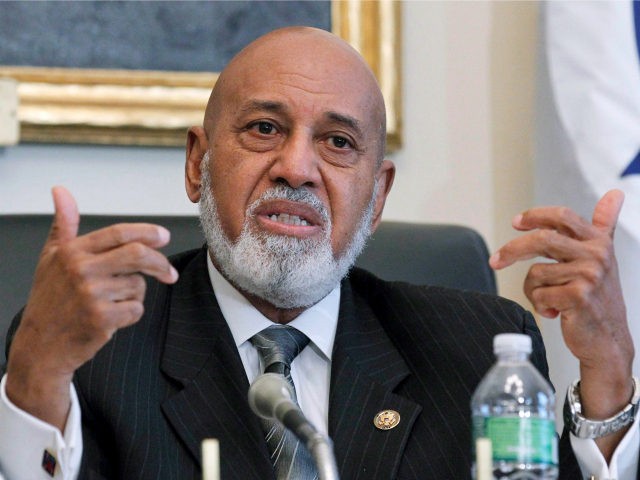As Congress prepares to certify the Electoral College results Wednesday, a dozen Republicans in the Senate and more than 100 in the House plan to object to the results.
Wednesday will mark the first time Republicans have chosen to object to the validity of the Electoral College votes in the past two decades.
Since the Electoral College Act of 1887 passed, members of Congress have had a legal way to challenge electoral votes under the Constitution.
Even though many Democrats say the Republicans are going against the will of the people by objecting to the Electoral College certified results, the Democrats did the exact same thing when a Republican president was elected in 2001, 2005, and 2017.
In 2001, House Democrats, specifically Rep. Alcee Hastings (D-FL), challenged the certification of Electoral College votes for then-Gov. George W. Bush, a Republican from Texas, but the objection failed because no senators agreed to the written objection.
Even though the measure failed, some House members said the written objection was still valid even though no senators supported it.
“The objection is in writing, and I do not care that it is not signed by a member of the Senate,” Rep. Maxine Waters (D-CA) said during the 2001 joint session of Congress.
“The chair will advise that the rules do care,” then-Democrat Vice President Al Gore, who was ceremonially presiding over the session, told Waters.
A similar situation took place in 2017, when Donald Trump defeated former Secretary of State Hillary Clinton. Then-Vice President Joe Biden presided over the certification of the Electoral College votes when some House Democrats challenged the results.
However, much like in 2001, no senator signed on to their objection to the results.
Rep. Pramila Jayapal (D-WA) was one of those House members who objected, and Biden simply replied, “It’s over.”
In 2005, the situation was a little different because it was the only time in recent years when both a senator and a House member signed a formal objection to the Electoral College results.
Then-Sen. Barbara Boxer (D-CA) and then-Rep. Stephanie Tubbs Jones (D-OH) jointly challenged President George W. Bush’s second-term victory on the grounds of voting irregularities in Ohio.
The objection caused Congress to spend two hours debating in their respective chambers, but neither Boxer nor Jones was able to convince their colleagues to change Ohio’s electoral votes.
Regardless of how the objections go Wednesday, The Electoral Count Act of 1887 gives members of Congress an outlet to legally object to Electoral College votes under the U.S. Constitution.

COMMENTS
Please let us know if you're having issues with commenting.